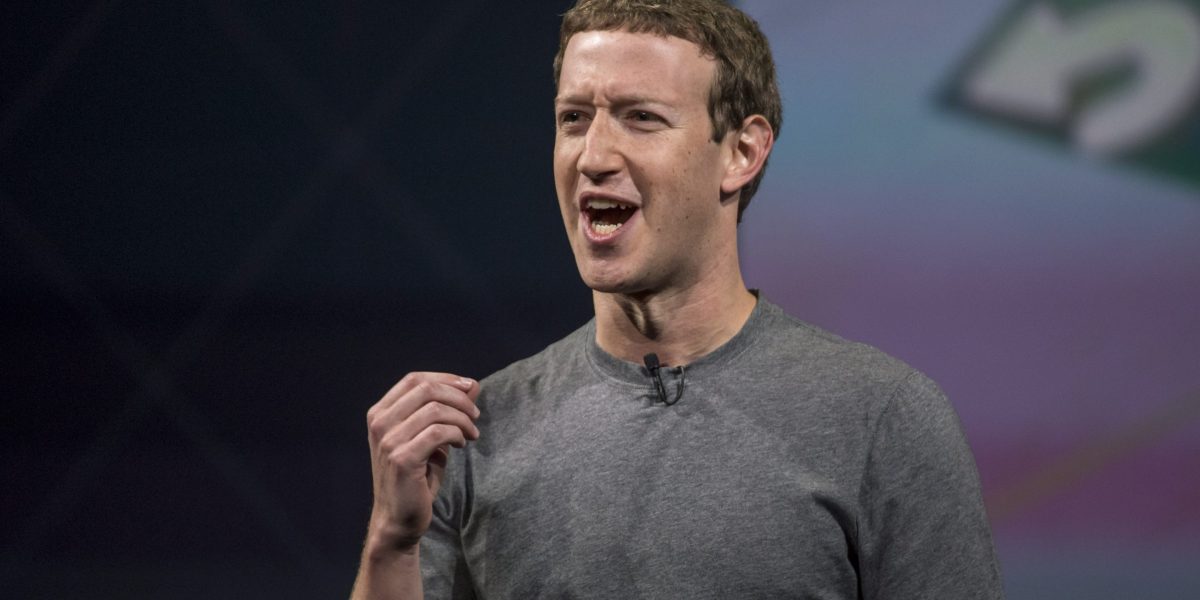Meta CEO Mark Zuckerberg joins a growing number of executives suggesting that a specific field of study is less critical for employment in today’s competitive job market.
What matters most, he says, is being able to “do one thing really well.”
When asked by Bloomberg’s Emily Chang, “What should kids be studying these days?” Zuckerberg emphasized the importance of critical thinking and learning values.
Rather than pinpointing a particular subject for aspiring Gen Z professionals, the billionaire Harvard dropout stressed that mastering a skill outweighs having a business or economics degree, as such tenacity can be applied across various business areas.
Zuckerberg explained his “hiring philosophy” by pointing to his daughter, who is 40 pages deep into writing a novel about mermaid crystals.
“If people have shown that they can go deep and do one thing really well, then they’ve probably gained experience in the art of learning something and taking it to an excellent level, which is generally pretty applicable to other things,” he concluded.
Top grades don’t guarantee you’re a top worker
It’s not the first time the Meta mastermind has insisted that raw talent and personality trump credentials.
Zuckerberg was well ahead of today’s skills-first hiring revolution—even back in 2015, the tech genius was insisting that he “will only hire someone to work directly for me if I would work for that person” and that his team looks for people whose values align with the company’s.
Now, as businesses increasingly drop degree requirements from their hiring process, Zuckerberg’s hiring philosophy is more common.
Google, Microsoft, IBM, and Apple have all eliminated their long-held degree requirements to remove barriers to entry and recruit more diverse talent. Meanwhile, recruiters globally are five times more likely to search for new hires by skills over higher education.
JPMorgan’s CEO Jamie Dimon recently revealed that the Wall Street giant has hired “four or five thousand ex-felons” because talent doesn’t just come out of colleges.
“I don’t think necessarily because you go to an Ivy League school or have great grades it means you’re going to be a great worker, great person or something like that,” he said. “If you look at skills of people it is amazing how skilled people are in something, but it didn’t show up on their resume.
Likewise, Apple’s CEO Tim Cook has echoed that there is a “mismatch between the skills that are coming out of colleges and what the skills are that we believe we need in the future.”
It’s why he said that aspiring coders, in particular, don’t need a degree to be successful at the American Workforce Policy Advisory Board meeting.
Cisco’s top executive in the U.K., David Meads, dropped out of school at 16 years old. Like Zuckerberg, he told Fortune that “attitude and aptitude are more important than whatever letters you have after your name, or whatever qualifications you’ve got on a sheet.”
